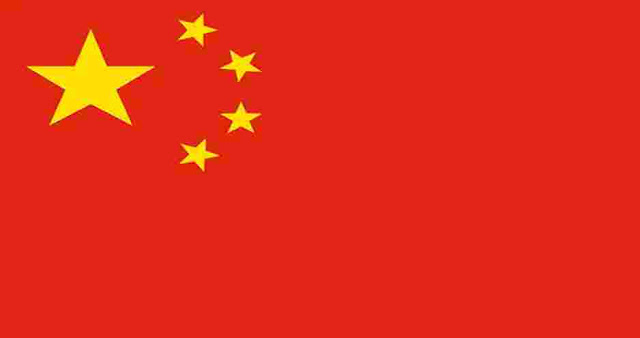In which country Democracy Wall is located
Democracy Wall is located in China. It is located in a park in the Xicheng District of Beijing, and was a site for the expression of views critical of the Chinese government during the late 1970s and early 1980s. The wall was established in December 1978, and became a prominent site for political graffiti and posters, many of which called for greater freedom of speech and political reform in China. The government cracked down on the Democracy Wall movement in the early 1980s, and many of its leaders were arrested and imprisoned. Despite this, the Democracy Wall continues to be seen as an important symbol of the desire for greater political freedom in China.
The Democracy Wall movement emerged during a period of political liberalization in China following the death of Mao Zedong in 1976. Deng Xiaoping, who came to power after Mao, implemented economic reforms that helped to modernize the country, but political reforms lagged behind. The Democracy Wall became a focal point for those who wanted to see greater political freedom in China, and it attracted a wide range of activists and intellectuals.
The posters and graffiti on Democracy Wall covered a wide range of political and social issues, including calls for the release of political prisoners, the end of censorship, and the protection of human rights. Some of the posters were overtly critical of the Chinese government and its policies, while others were more moderate in tone.
The government initially allowed the Democracy Wall movement to continue, but as it grew in strength and attracted more attention from the international media, the authorities began to take action. In March 1979, the government arrested Wei Jingsheng, one of the most prominent Democracy Wall activists, on charges of "counter-revolutionary activities." Other activists were arrested or forced to flee the country.
In December 1981, the government closed down the Democracy Wall and arrested many of the remaining activists. The government also launched a campaign of repression against those who were seen as having supported the Democracy Wall movement, including intellectuals and journalists. Many were arrested, imprisoned, or sent to labor camps.
Despite the government's efforts to suppress the Democracy Wall movement, it is remembered as an important moment in Chinese history and continues to symbolize the desire for political reform in the country.
ANSWER
China

0 Comments